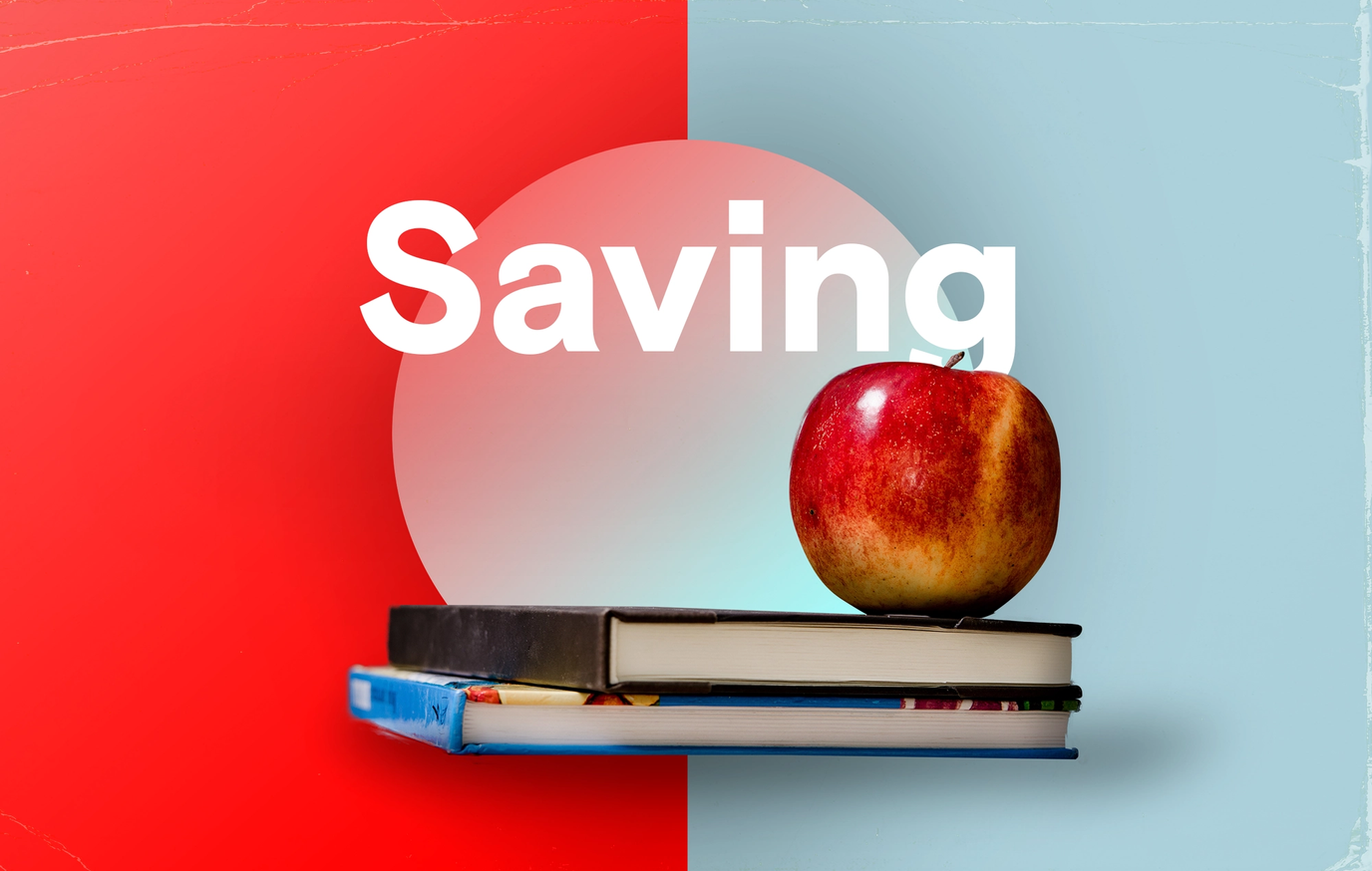
Rounding it up
With school fees and costs of living on the rise, it’s important to start saving early for your child’s postsecondary education.
The first step is to open an RESP account, a tax-preferred savings plan designed to help parents save for their kids’ education.
Try to make automated monthly payments to your RESP. If you want to take it up a notch, replace non-essential items with RESP contributions — every little bit helps!
Saving for college or university is likely the last thing on your mind when you welcome a new addition to your family. This is dangerous because if you fast-forward fifteen years, you might find yourself in debt trying to support your child without adequate savings.
In Canada, higher education costs have significantly increased over the last few decades. To be exact, university students pay 40% more in fees and tuition than they did ten years ago. This surge undoubtedly causes additional financial strains for parents.
According to financial experts, one of the best ways to remediate such pressures is to start saving as early as possible.
The basics of saving for school
Once you open a bank account for your child’s college fund, you should save a fixed amount every month. Experts recommend saving anywhere between 3% and 5% of your monthly earnings. For instance, if you have a monthly household income of $5,000 after taxes, this works out to $150 to $250 per month. While this amount seems small, imagine the funds after a decade of saving!
Additionally, refrain from foregoing your own retirement savings to build up your children’s education funds. You should ensure there is enough in your own bank account before you start saving for the next generation.
Registered Education Savings Plan
One of the easiest ways to save and grow your children’s education fund is through a Registered Education Savings Plan (RESP). This tax-preferred savings plan can help parents prepare for their kids’ post-secondary education.
The government matches 20% of your annual contributions up to $500 per year for each child, with a lifetime maximum of nearly $7,200. Let’s not forget the investment growth these plan contributions generate.
Plus, when you take the money out, you get an additional tax benefit, as the payout will be taxed in the hands of your child. Since they likely have little to no income, they can usually withdraw the money tax-free.
If your child decides not to proceed with postsecondary education, don’t worry — your efforts are not lost cause. You’ll be able to reclaim the money put into an RESP account, and will not be taxed on that amount. You will, however, have to pay taxes on interest earned from the plan at your income level, plus an extra 20%. You may be able to reduce this figure by transferring the earnings to a Registered Retirement Savings Plan (RRSP) — another reason you shouldn’t forego your retirement for your children’s education fund!
What if I don’t have any funds to contribute to an RESP?
Remember that you can always open a flexible RESP account. For instance, if you can’t commit to investing $30 or $40 a month, you can contribute a cash gift from a relative or friend to make a lump-sum payment.
Another way to contribute to your RESP is to replace non-essential items with RESP contributions. For example, if you have been working from home, you may be saving on your monthly commuting costs. You can take this opportunity to use this money for your child’s RESP. Alternatively, you can take advantage of special occasions like birthdays, graduations, and holidays. They provide great opportunities to ask family and friends to contribute to your children’s RESPs rather than conventional gifts.
You can also start as low as $5 or $10 a month, and increase the contribution amount once you feel comfortable to do so. If you’re unsure where to start, consider using the numerous RESP calculator tools available online; they can help you evaluate the time and payments needed to reach your goals.
Automate your RESP contribution
Regardless of how much we earn, some of us can’t commit to (or simply just forget about) regular contributions. In that case, ask your financial institution about automating your RESP contributions. They can deposit a fixed amount automatically into your RESP account from your savings account. Easy peasy, right?
RESPs — great, but not always enough
Needless to say, RESPs are great. They help parents prepare for their children’s education, and make them eligible for government grants. But nothing in life is perfect, and RESPs are no exception. The account is riddled with limitations; for example, it has a lifetime contribution limit of $50,000, excluding grants. With school fees and costs of living on the rise, a fully funded possible RESP may not be enough.
To prepare for these changes, consider putting in a bit more in other investment or savings accounts.
If you take one thing and one thing only from this article, let it be this: The best time to start saving money for your child’s education is now! Start budgeting, find an RESP provider you feel comfortable with, and don’t forget to automate those RESP payments — your future self and children will thank you.